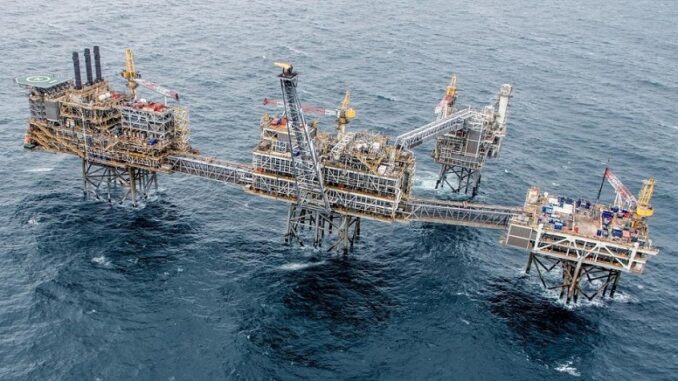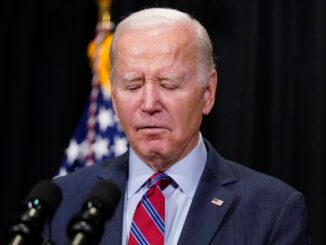
The government of the UK has decided to extend the windfall tax on oil and gas firms by an additional year putting 42,000 jobs in jeopardy.
The 35% surcharge on profits due to high energy prices had been scheduled to end in March 2028 but will now continue until March 2029. The extension did face strong opposition from Scottish officials.
The windfall tax, or as it is officially known – the Energy Profits Levy (EPL), was introduced by UK then chancellor and now UK prime minister Rishi Sunak in 2022 as a way of helping households with rising energy bills following Russia’s invasion of Ukraine.
The surcharge on what was described as “extraordinary profits the oil and gas sector is making” was first set at 25% and then raised an extra £2.6bn ($3.3bn) in tax revenues in its first year. The surcharge was extended and raised to 35% last November, taking the overall tax burden faced by UK oil and gas producers to about 75%.
Jeremy Hunt, chancellor of the exchequer, said that the higher energy prices caused by the Ukraine war would last longer, so the sector’s windfall profits would have to last longer as well. He added that the extension would raise another £1.5bn
In response to the windfall extension industry body Offshore Energies UK (OEUK) stated that the move risked investment, jobs, and growth.
According to OEUK’s statement from February, 42,000 jobs and £26bn of economic value would be “wiped out” under this new proposal to extend the windfall tax on UK oil and gas producers. The trade body at the time even asked for an urgent meeting with the Labour Party leadership following plans to extend the windfall tax further.
But none of it had any impact on the decision as the plans for the extension proposal still went ahead and became official.
“The industry is being taxed on windfall profits which no longer exist and facing a fourth round of fiscal change and turmoil in less than two years, making it impossible to plan investment for the energy transition and the path to net zero,” said David Whitehouse, chief executive of OEUK.
OEUK said on Monday that the price of gas in the UK is almost 10 times lower than the peaks seen when the tax was introduced, and the price of oil has returned to the level before the Ukraine invasion. The industry body also claimed that the UK would now become more dependent on imported energy.
“We have identified £200 billion of investment in oil and gas and the UK’s wider energy transition awaiting the green light which will not happen with such globally uncompetitive taxation in place. Thousands of jobs and billions of pounds in national revenue are at risk because of the destabilising impact of these tax decisions. A homegrown energy transition will simply not move forward unless business confidence for long-term investment in the UK is restored,” Whitehouse added.



